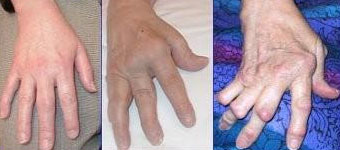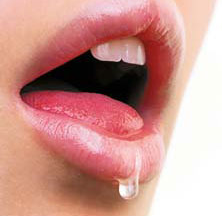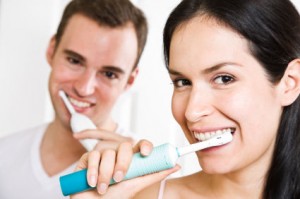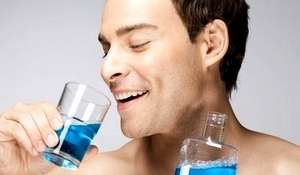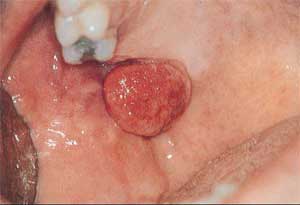Tooth brushing is indeed a vital daily activity for a good oral health. Besides that, tooth brushing protects the teeth against dental caries and it also helps prevent bad breath and gum disease. Gum disease is a fatal condition as it may lead to serious diseases. Therefore tooth brushing is important in children and special attention is needed to be given to those with disabilities. Continue reading
Tag Archives: oral hygiene
How does arthritis affect your oral health?
Arthritis is a complicated disease, which affects the joints of the body. There are more than a hundred different described conditions, with osteoarthritis and rheumatoid arthritis being the two most common ones. Osteoarthritis involves degeneration of the synovial cartilage and bony overgrowth on the joint articulating surfaces. Rheumatoid arthritis on the other hand has an autoimmune origin, involving self-production of auto-antibodies in the body which circulates in the blood and can attack the joints which are deemed foreign by the immune defense system. Although osteoarthritis and rheumatoid arthritis have different causes and risk factors, they are often present with similar symptoms, such as constant joint pain. Both diseases can be debilitating and adversely affect your oral health if not managed accordingly. Continue reading
How to Clean a Baby’s Tongue
Oral hygiene practices are not limited only to adults but are important to children and babies as well. According to the American Academy of Pediatric Dentistry, a child should have his or her first visit to the dentist approximately at the time of eruption of the first tooth (usually between 3 to 9 months) or by the age of 12 months the latest. When the child has special needs, this visit can be done earlier.
A child should have a few basic oral hygiene procedures during the first year of life for there is a general agreement among dentists that removal of plaque should begin as soon as the first baby teeth erupt. The parent plays an important role in this early cleaning to keep the baby’s mouth healthy. Cleaning and massaging the baby’s gums before the baby teeth erupt can help in establishing a healthy oral flora and help the process of teething. Therefore, even though your baby does not have any teeth yet, it does not mean that you do not need to keep his or her mouth clean. Continue reading
Oral Health Pt 3: Importance of saliva
Continued from Pt 2…
Saliva is an integral part of oral health and many people do not actually realise the importance of saliva has in our mouth. The role of saliva is often underplayed due to lack of awareness. Saliva has many important functions and it is unfortunate that most people would only realise this when they have a chronic case of xerostomia or dry mouth, which is often hard to manage as treatment available involves mainly palliative care rather than a cure.
Function of saliva
There are three major salivary glands found in the mouth, along with many more minor ones. Each of the major salivary glands produces slightly different quality of secretion, some being more watery and others with a thicker consistency. All these secretions are combined together in the mouth to form saliva. Saliva consists of mainly water (95%), enzymes, salivary proteins and ions. Continue reading
Management of pain and promotion of healing after a tooth extraction
 Management of post surgical tooth extraction pain
Management of post surgical tooth extraction pain
All patients should expect a certain amount of tooth extraction pain after a surgical dental extraction. Therefore, it is important for the dental surgeon to discuss this issue carefully with each patient before discharging them from the office. The surgeon will have to help the patient to have a realistic expectation of what type of pain that may occur and the intensity of the pain as well. Continue reading
Oral Health in relation to Dental Decay and Gum Disease
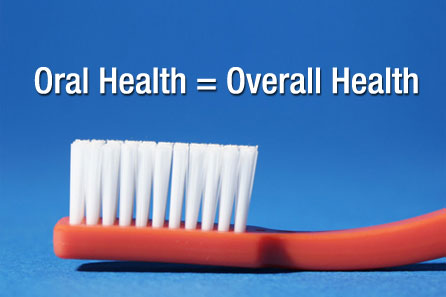 What is Oral Health ?
What is Oral Health ?
Oral health encompasses the health of our oral cavity. Our oral cavity (mouth) consist of our teeth and oral mucosa mucosa (gums). The health of our teeth is commonly compromised by bacteria which causes dental decay. Dental Decay is a dynamic process and it occurs due to a combination of a bad diet, insufficient oral hygiene care and bacteria in our mouth.
Continue reading
Why is Oral Health so Important?
Don’t you enjoy the refreshing feeling in your mouth after you have brushed your teeth? Sure, cleaning your teeth keep your smile bright and your breath fresh but a proper oral hygiene does more than you think it does.
Why should I have good oral health?
Having a good oral health can be defined as having comfortable and functional teeth that allows you to continue your social role. For those who think in terms of economic benefits and enjoyment of life, prevention pays. How so? If preventive programs are started early (preferably in young children), being free from plaque diseases for a long period is possible. Does it not make a sound cost-benefit investment? Â After all, you need your teeth over a lifetime for eating which also contribute to providing good nutrition to the body for all ages. The presence of teeth greatly improves your speech and a pleasant smile enhances expression of your personality. At rare times, you can even use your teeth as a means of self-defense. On the other hand, the missing or broken-down teeth often results in a loss of self-esteem, minimizes employment possibilities and often affects your social interaction. Continue reading
How to Make Your Own Mouthwash Part2
Continued from Part1
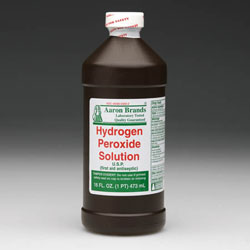
3% hydrogen peroxide
Hydrogen Peroxide Mouthwash
Hydrogen peroxide has been used as an antibacterial agent for many years because of its oxidizing properties. The chemical is a weak acid and a strong bleaching agent therefore it is not unusual to find hydrogen peroxide listed in the ingredients of some toothpastes and dentifrices. Even dentists use high concentration hydrogen peroxide in professional teeth whitening procedures to remove stubborn stains. Hydrogen peroxide mouthwash can help reduce gum bleeding and clean mouth wounds by killing bacteria and removing dead tissues. Continue reading
Does Mouth Wash really work?
Your dentist may be advising you to use a mouthwash whenever you go for a dental visit but frankly is it necessary to use one?
Mouthwashes or mouth rinses have been around for ages and are most widely used by consumers. The traditional purpose for mouthwash has been to keep bad breath away but now there are therapeutic mouth rinses available that help reduce the amount of bacteria in the mouth. Continue reading
Causes of Gum Swellings and Lumps Part2
Continued from Part1.
8)Â Â Â Â Â Giant cell tumor
A giant cell tumor is one that is made up of a large number of benign (non-cancerous) cells that form an aggressive tumor. Also called peripheral giant cell granuloma, it usually forms as a response to trauma or some chronic inflammatory process.
Management: Surgical removal of tumor and removal of possible causative factors to avoid reoccurrence. Continue reading

